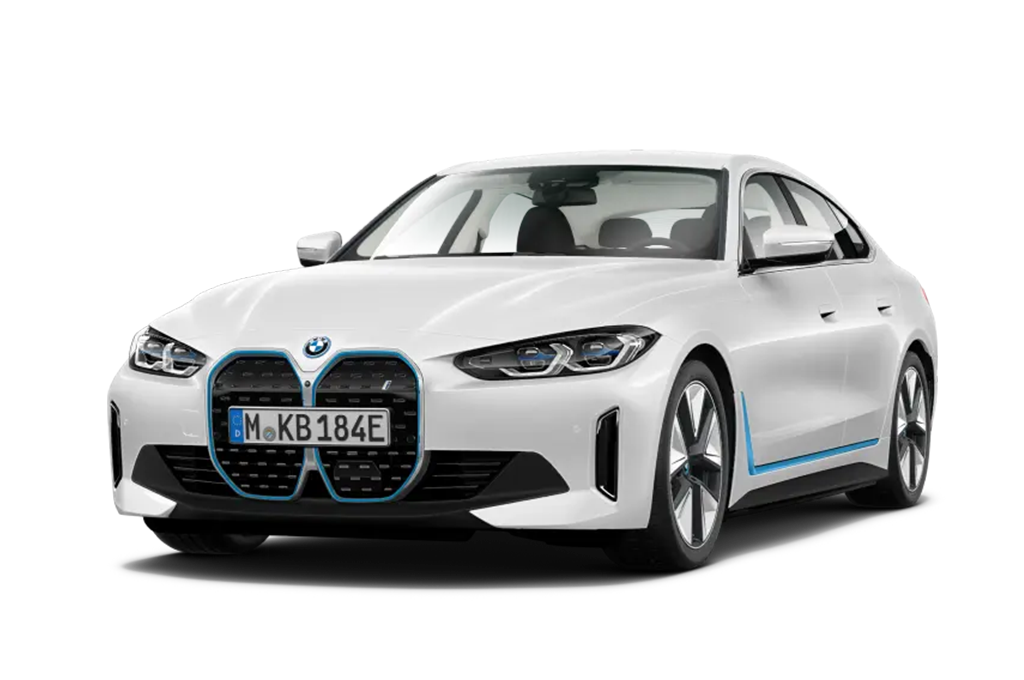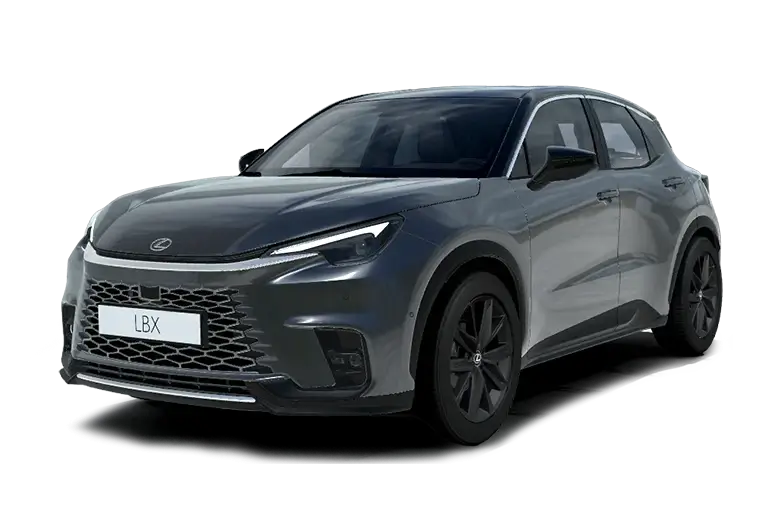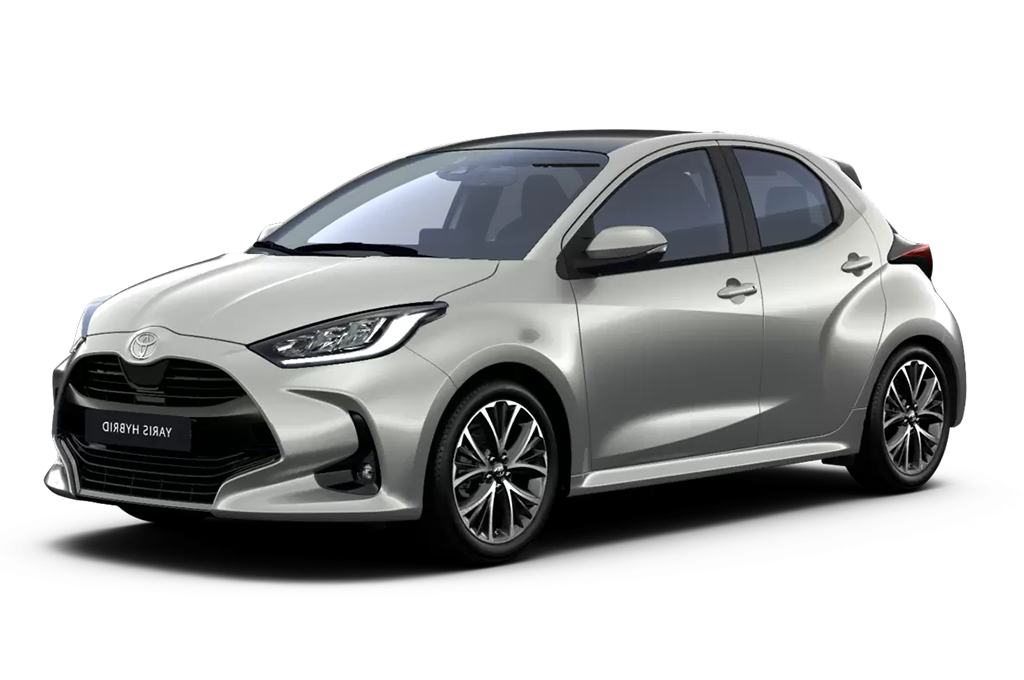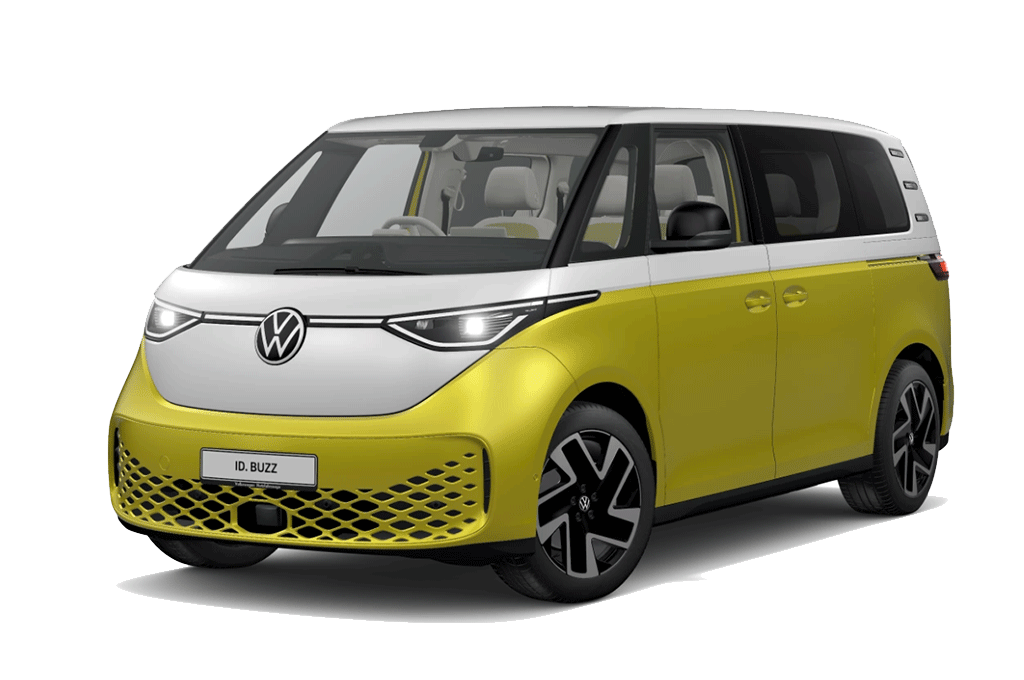Move with Electric
It is critical for your business to have a fleet partner that can provide you with a comprehensive electric vehicle solution that is built around your requirements. Our vast experience and expertise ensure that we are best positioned to support your business on your journey to net zero and to decarbonise your fleet. Every customer’s journey will be different and our role is to support you choosing the right model of electric car for your needs, whether that be Electric Vehicles, Plug In Electric or Hybrids, to deciding on a charging option which will keep you running smoothly throughout your agreement.
Discover how leasing a zero-emission motor works with our Move with Electric 5 Step approach:

1. Consulting
The first step is to get a better understanding of your fleet profile to determine the electrification potential. We’ll analyse existing fleet data and through conversations with key stakeholders, identify your primary fleet challenges such as CO2 specifications or cost targets, and take into account your individual needs. We’ll conduct a thorough assessment to establish if and what type of electric vehicle would best suit your fleet.
Based on our analysis of your electrification potential together with your company objectives and relevant policies, we’ll make recommendations on the type and mix of combustion engine and electric vehicles that provide the best fit for you.

2. Total Cost of Ownership
As part of consultation process, we will carry out a Total Cost of Ownership (TCO) analysis of your fleet and compare them with equivalent vehicles over alternative powertrains. Electric vehicles (EVs) and plug-in hybrid cars (PHEVs) now present companies with excellent opportunities to reduce Total Cost of Ownership (TCO).
Using the same criteria of your existing fleet, we will compare costings to similar electric vehicles. We take into consideration all factors that have an impact on fleet costs and compare different types of powertrains. These include Finance Costs, Service Maintenance & Repairs, tyre management, fuel & energy management and charging infrastructure.

3. Charging Infrastructure
The right charging infrastructure is fundamental when it comes to electrifying your fleet. We’ll recommend the ideal charging network for your company based on the results of our fleet analysis. For example, what is the optimal number of charging stations you should install at your work premises? Alternatively, you could install them at your employees’ residences, so that they can always leave home fully charged.
We will also consider the public charging infrastructures available in your areas. To this end, we can draw on an extensive network of outstanding electricity providers at national level. This enables us to develop an international concept and implement it in the different countries quickly and easily.

4. Daily Operations
We are committed to provide our customers an exceptional customer care. We offer a range of services to support your drivers throughout the life of their lease irrespective of the vehicle powertrain chosen. Our services include service, maintenance & repair, tyre management, 24/7 roadside assistance, relief vehicles, CVRT/NCT booking and tailored reporting.

5. Fleet Evaluation & Optimisation
Once we have selected the vehicles and implemented the charging and fuel card solution, we’ll make sure your fleet is continuously optimised with tools that provide a current overview of your fleet’s performance. Our reporting services provide you with the current status of your fleet at a glance. Besides providing round-the-clock support for your drivers, we also help you continuously optimise your fleet’s efficiency so you can unlock its maximum potential.
What types of Electric Vehciles are there?
1. Battery Electric Vehicles (BEVs): These vehicles are fully electric and run entirely on electricity stored in onboard batteries. They do not have an internal combustion engine and produce zero exhaust emissions. BEVs need to be recharged by plugging into an electrical source.
2. Plug-in Hybrid Electric Vehicles (PHEVs): PHEVs combine an electric motor with an internal combustion engine. They have a larger battery compared to conventional hybrid vehicles, allowing them to travel a certain distance on electric power alone. Once the electric range is depleted, the internal combustion engine kicks in, providing additional range. PHEVs can be charged by plugging them in, and they can also recharge their batteries through regenerative braking.
3. Hybrid Electric Vehicles (HEVs): HEVs have both an internal combustion engine and an electric motor. The electric motor assists the engine during acceleration and low-speed driving, improving fuel efficiency. However, HEVs cannot be plugged in to recharge their batteries. Instead, they rely on regenerative braking and the internal combustion engine to charge the battery.

Electric Vehicles

Plug-in Hybrid Electric Vehicles

Hybrid Electric Vehicles

Electric Commercial Vehicles
Contact us
If you have any questions, would like to request a quote or learn more about our business, please reach out using the form below:

